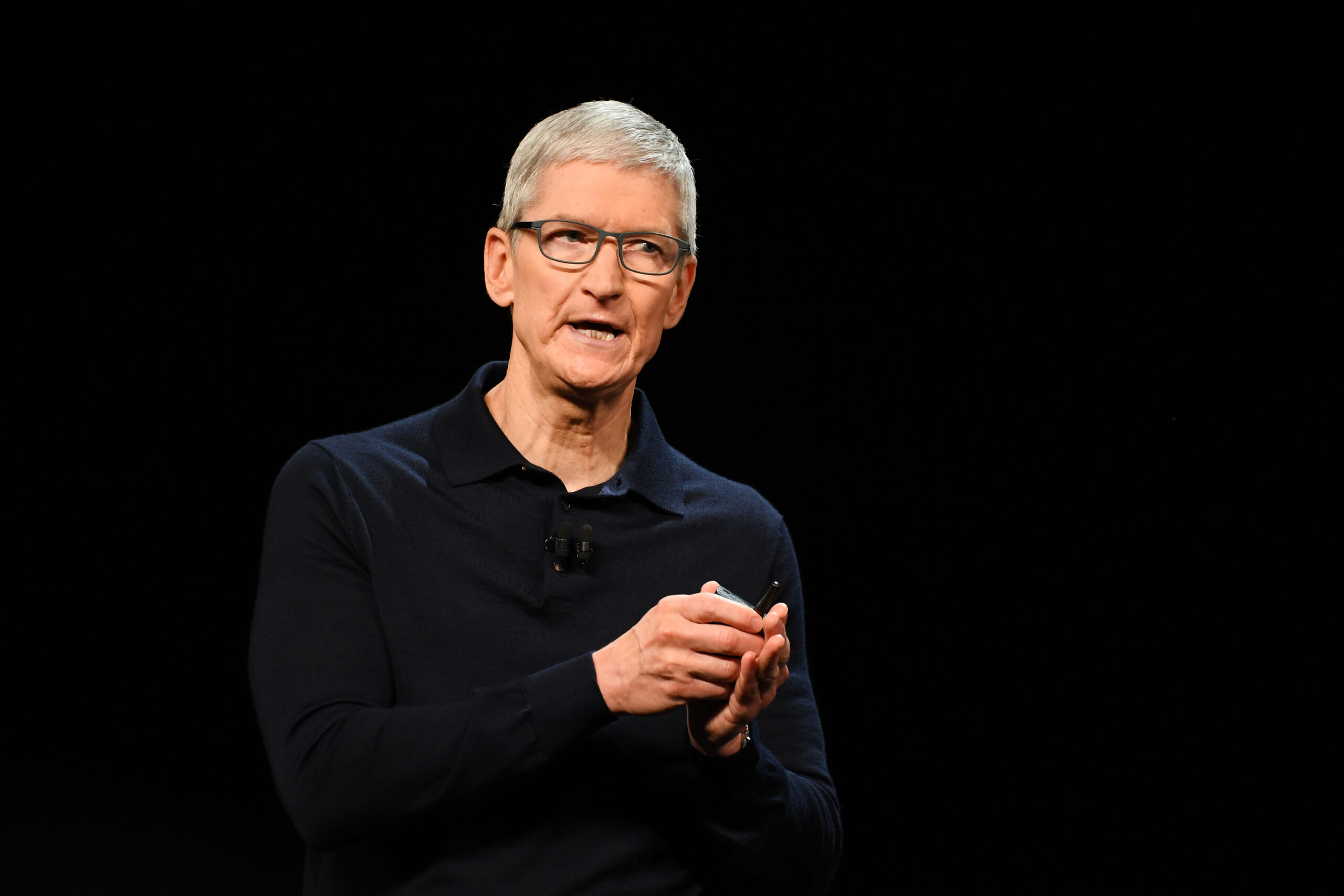
In recent developments, Apple Inc. has encountered significant challenges within one of its most crucial markets, China. The technology giant, headquartered in Cupertino, California, reported a nearly 13% decline in sales in the greater China region, which includes mainland China, Hong Kong, and Taiwan, during the December quarter, with revenues falling to $20.8 billion. This downturn marks a concerning shift for Apple, which has long considered China a key driver of its growth.
Huawei’s Resurgence Poses a New Threat
A significant factor contributing to Apple’s predicament in China is the resurgence of Huawei Technologies Co. Despite the severe sanctions imposed by the U.S. government, which cut off its access to critical 5G technology and Google software, Huawei managed a bold comeback with the launch of its Mate 60 smartphone. This move not only signaled Huawei’s return to the high-end smartphone market but also reignited competition with Apple, particularly as Huawei began reclaiming customers who had shifted to iPhones during its hiatus from the 5G scene.
- Huawei’s Mate 60 launch signals a potential shift in consumer loyalty back from Apple.
- Analysts predict Huawei’s resurgence in the premium market segment could deter the iPhone’s shipment growth from returning to positive territory in 2024.
Expanding Competition from Domestic Brands
Besides Huawei, other Chinese smartphone makers like Xiaomi and Oppo are intensifying the competition. By introducing high-end devices at more competitive prices, these brands are slowly encroaching on the market segment that Apple has long dominated, appealing to a broader segment of consumers who are increasingly vigilant about their spending due to the economic slowdown in China.
- Xiaomi’s premium Mi 14 model which boasts long battery life and superior camera capabilities, achieved impressive sales, selling one million units within a week of its launch.
- These domestic brands are offering features comparable to premium smartphones, challenging Apple’s older models and the base models of its latest series.
Martin Yang, Oppenheimer Senior Analyst of Emerging Technologies and Services, weighed in on Apple’s current situation during an appearance on Yahoo Finance Live. According to Yang, Apple’s declining sales in China can be attributed more to macroeconomic factors rather than direct competition. He expressed confidence that the competitive threat from brands like Huawei and Xiaomi is not a long-term concern but rather a temporary challenge influenced by specific product cycles.
Economic Pressures and Changing Consumer Preferences
The economic downturn in China, characterized by a weak property sector and subdued consumer demand, is exacerbating Apple’s challenges. This economic uncertainty has led to cautious spending among Chinese consumers, making the more competitively priced high-end models offered by domestic brands increasingly attractive.
- Apple’s brand appeal among younger Chinese consumers, particularly Gen Z, is reportedly waning.
- Innovations by competitors, such as foldable smartphones and AI-enhanced features, are raising questions about Apple’s capacity for innovation.
Geopolitical Tensions and Market Strategy Adjustments
Geopolitical tensions further complicate Apple’s operations in China. Reports indicate that the Chinese government has extended bans on iPhones among staff at government agencies and state-backed firms, a move that underscores the challenging environment foreign technology firms face in China.
- Apple’s response strategy includes price adjustments, such as rare discounts on iPhones to stimulate sales.
- The company’s efforts to clear iPhone 15 stock through discounting campaigns highlight the challenges Apple faces in maintaining its market share.
Despite these efforts, Apple’s shipments in China experienced only a slight decrease in the final quarter of 2023, while Huawei’s sales saw a substantial increase, according to data from research groups.
Apple’s Value Proposition and the Path Forward
Despite the setbacks, Yang maintains a positive outlook on Apple’s value proposition. He argues that Apple offers the best value among smartphone manufacturers, considering the higher resale value and durability of its products. Yang suggests that the cost of ownership for an iPhone, when factored with its longevity and quality, presents a better deal compared to other smartphones on the market.
Furthermore, Yang highlighted the anticipation around Apple’s potential integration of Artificial Intelligence (AI) in its next generation of iPhones. He believes that AI could be a crucial factor in rejuvenating consumer interest and driving sales. The expected unveiling of new AI features at Apple’s Worldwide Developers Conference (WWDC) in 2024 has stirred excitement about the innovative applications AI could bring to mobile devices, from enhanced photography and auto-translation to novel user conveniences that have yet to be revealed.
Yang also touched upon the potential evolution of Apple’s product lineup, particularly the iPad. He speculates that form factor changes, especially the adoption of foldable displays, could significantly boost iPad sales. A more portable and versatile iPad that can easily transition from a large screen to a compact, book-like form could capture consumers’ imagination and open new growth avenues for Apple.
As Apple navigates the complex landscape of China’s tech market, the insights from experts like Martin Yang provide a nuanced perspective on the challenges and opportunities ahead. While the immediate future may present hurdles, including adjusting to consumer demand and countering aggressive competition, Apple’s commitment to innovation and value creation positions it well to weather the storm. With strategic emphasis on AI integration and potentially revolutionary product designs, Apple is poised to remain a formidable player in the global technology sector, even in the face of fluctuating sales in critical markets like China.
Featured Image courtesy of Bloomberg/Getty Images
